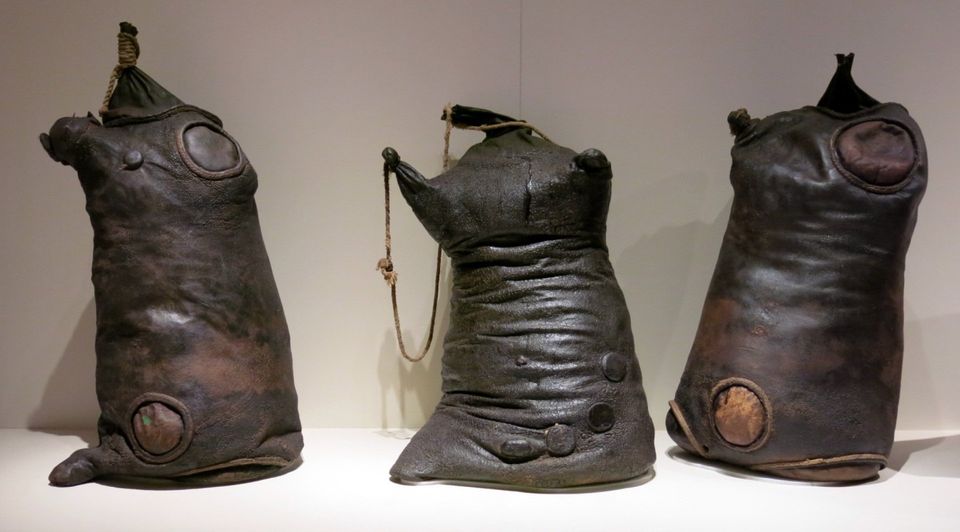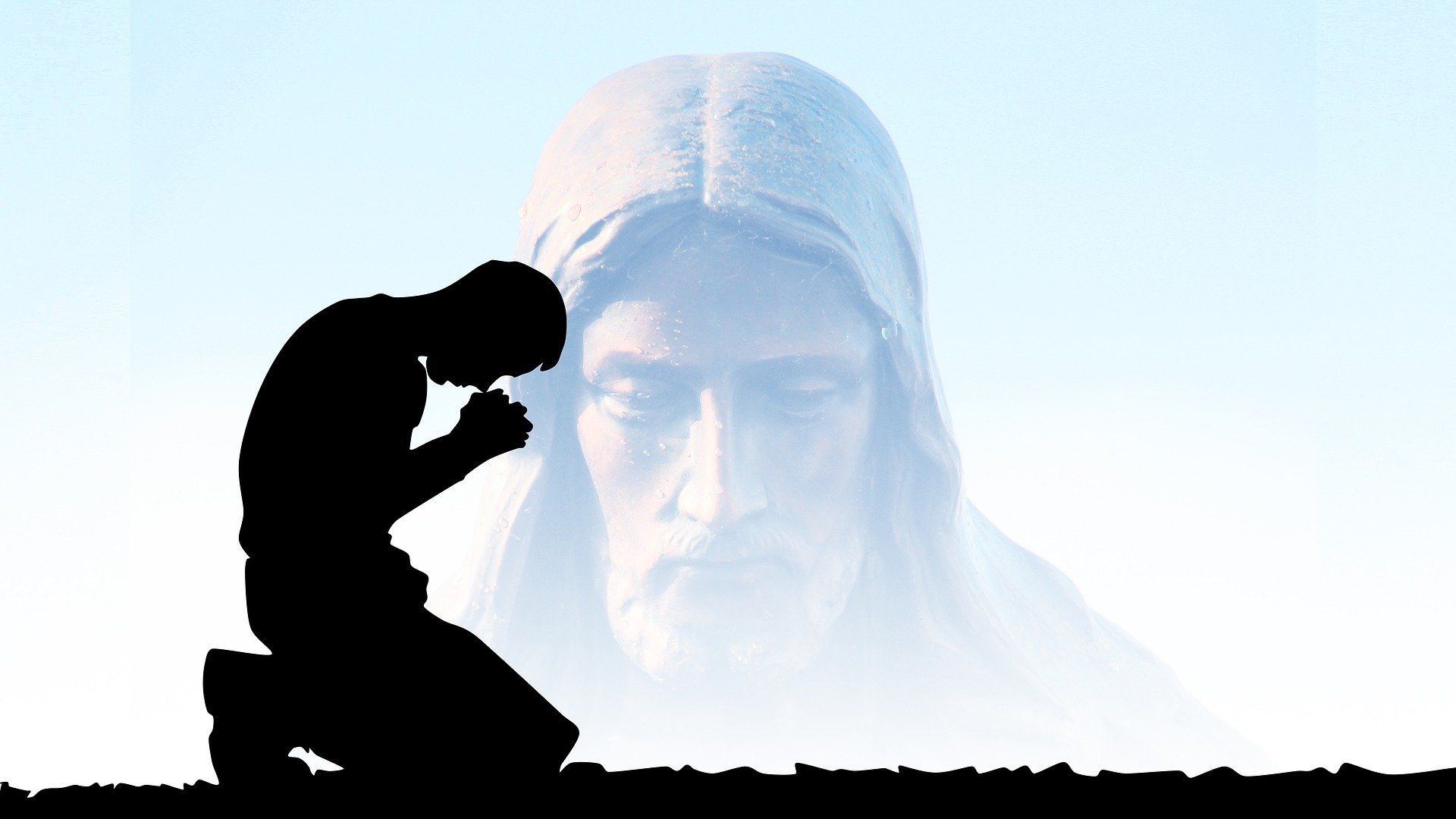Leading Organizational Change, Part 1
He told them this parable: “No one tears a piece out of a new garment to patch an old one. Otherwise, they will have torn the new garment, and the patch from the new will not match the old. And no one pours new wine into old wineskins. Otherwise, the new wine will burst the skins; the wine will run out and the wineskins will be ruined. No, new wine must be poured into new wineskins. And no one after drinking old wine wants the new, for they say, ‘The old is better.’” (Luke 5:36-39)
Jesus understood that change is difficult and that people will resist it. Creating lasting change doesn’t happen by accident. It requires an intentional process.
Shane Hipps, former pastor and author of several books, once said at a leadership conference I attended that “the ever-changing Gospel never changes.” While at first glance it appears as a glaring paradox, his point was that the medium is the message, challenging the prevailing notion that the methods change but the message stays the same.
When Jesus told us that new wine must be poured into new wineskins, we often miss the fact that both the wine and the wineskins are new. This means that both the container and the content—both the medium and the message—are new.
Consider Jesus’ parable on the mustard seed growing to become a great tree where the birds of the air come and lodge in its branches. The seed and the tree are the same yet very different. There are aspects of the Kingdom of God and the Gospel that never change. Jesus—born of a Virgin, Son of God, Son of Man, crucified, resurrected, ascended on high, returning to claim His Bride…these aspects of the Gospel never change. But our growth in understanding this message and how it affects our daily lives and future will continue to expand and change.
Shane Hipps suggests that we become gardeners of the gospel rather than its guards (Consider the statement—“We need to defend the truth!” Do we? Will the truth lose out if we fail in our efforts?) It’s a great metaphor. Let’s nurture and cultivate new expressions of the Gospel that remain true to its DNA but affect and transform those who will not hear or understand it in an ancient, irrelevant form. Change is necessary and organizational leaders must embrace the challenge of leading their people forward, renouncing the status quo of maintaining sacred cows that are outdated/outmoded.
[Next week we will discuss six steps in the process of leading organizational change.]














